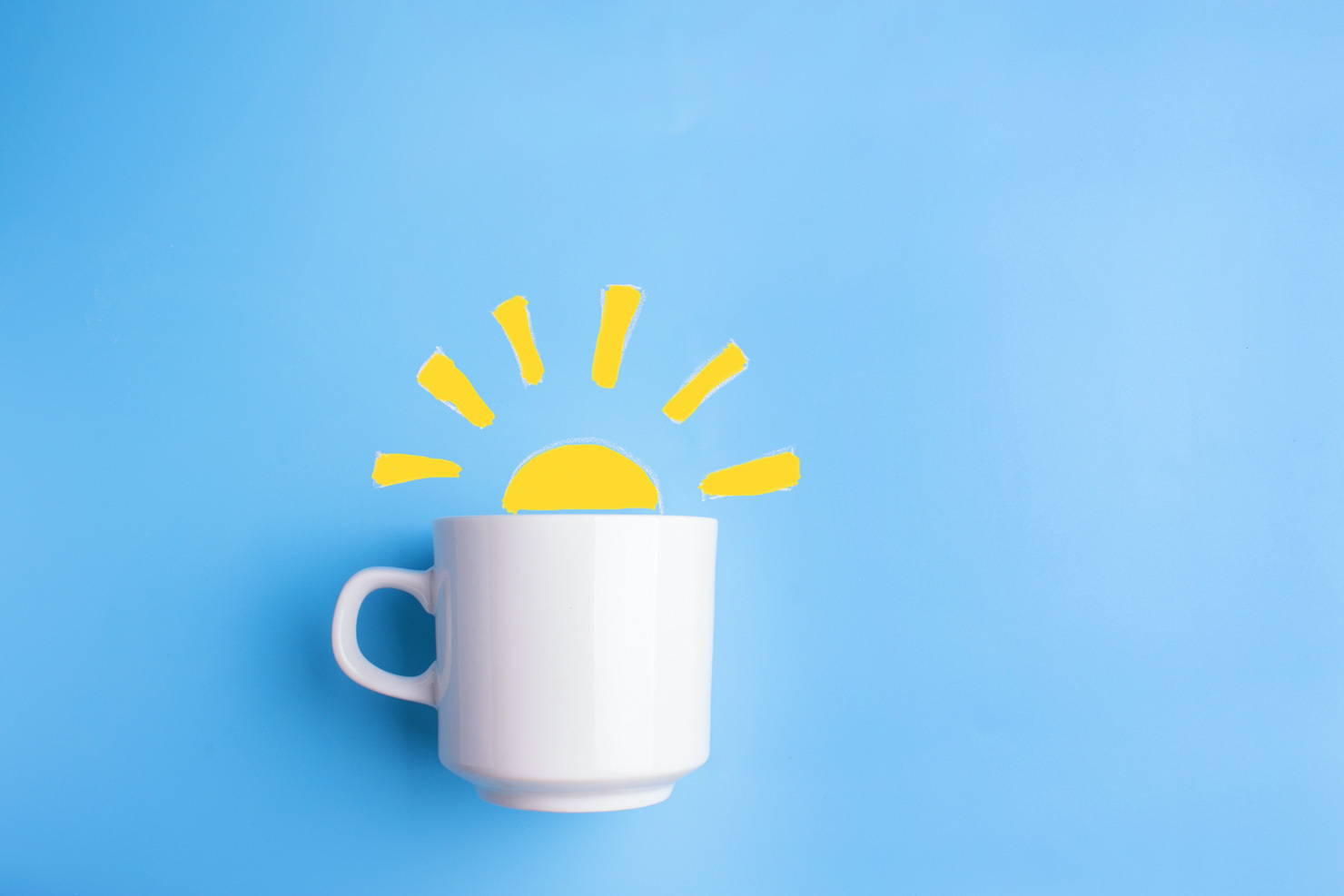
The mood enhancing effects of coffee are unquestioned. Just ask anyone—literally anyone—who has ever had a cup of coffee in the morning about the burst of can-do productivity they feel about halfway through that first cup. You gotta ride that wave and get the majority of your work done before it wears off. But coffee may also have significant benefits on serious mental health issues as well. A new study finds that coffee drinkers are less likely to suffer from depression.
For the study, which can be found via the National Coffee Association, Harvard Medical School professor of neurology Dr. Alan Leviton performed meta-analysis of a variety of current research available on the topic and included over 300,000 participants, more than 8,000 of those experiencing depression. Dr. Leviton found that those who “consumed higher levels of coffee were at lower risk of depression than people who consumed less or no coffee,” with coffee’s “peak protective effect appeared to be among those who consumed 400 mL/day (i.e., 13 ounces).”
Of the research used in the meta-analysis, one study, performed as part of the Korean National Health and Nutrition Examination survey, found that those who drank two or more cups of coffee a day had a “32% lower prevalence of self-reported depression” than those who didn’t drink coffee at all. Another study, this one examining over 14,000 graduates at the University of Navarra in Pamplona, Spain, found that participants who consumed four or more cups daily had a “significantly lower risk” of experiencing “physician-diagnosed depression worthy of antidepressant medication.”
Though the exact mechanism(s) are unknown, Dr. Leviton suggests five possible explanations, many of which Sprudge has covered previously. Both coffee’s anti-oxidative and anti-inflammatory properties are given as potential reasons for the phenomenon. The reasons being, per the study, are that “blood levels of oxidative-stress indicators are raised in people who have a major depressive disorder,” and that “depressed people tend to have higher blood levels of inflammation-related proteins than people who are not depressed.” Other potential explanations include caffeine, which in mice “reduces the occurrence of helpless-like and motivational behaviors that are characteristic of mouse models of depression.” Coffee’s positive effects on the gut microbiome as well as the bowels are mentioned as possible factors as well.
While coffee is truly a magical elixir, it is no substitute for actual medical advice from a professional. So if you are experiencing any symptoms of depression, reach out to a medical professional. But keep drinking coffee. They aren’t mutually exclusive.
Zac Cadwalader is the managing editor at Sprudge Media Network and a staff writer based in Dallas. Read more Zac Cadwalader on Sprudge.

